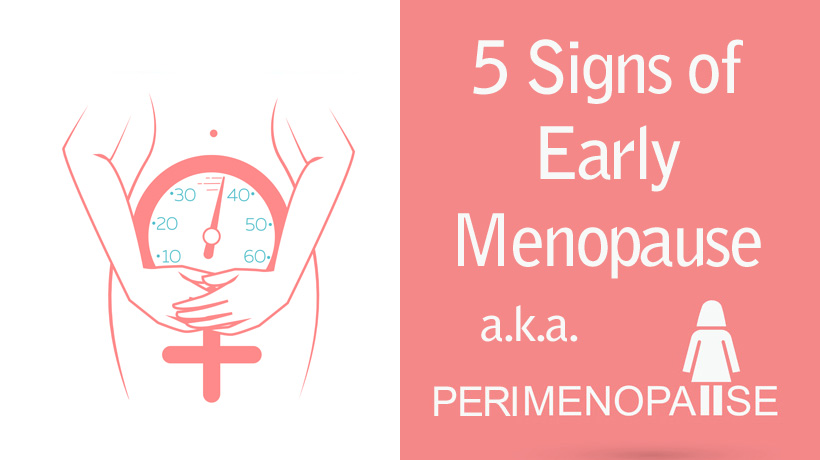Perimenopause refers to the time during which your body transitions to menopause, marking the end of a woman’s reproductive years.
Women begin perimenopause at different ages. According to the Cleveland Clinic, women enter the stage about 8 to 10 years before menopause. Although many people notice early signs of perimenopause, such as menstrual irregularity, sometime in their 40s, some women notice changes as early as their mid-30s.
During perimenopause, the levels of estrogen—the primary female hormone—in the body rise and fall irregularly. Menstrual cycles may lengthen or shorten, or the ovaries might not release an egg (ovulation). Women may also experience various symptoms of menopause, such as hot flashes, problems sleeping and vaginal dryness.
Perimenopause can last anywhere from a few months to four years. Once 12 consecutive months without a menstrual period have passed, a woman has officially reached menopause, and perimenopause is over.
Throughout perimenopause, the body’s production of estrogen and progesterone is inconsistent. Many of the changes felt throughout the period are the result of decreasing estrogen. You might experience:
Irregular periods
As ovulation becomes unpredictable, the length of time between periods may be longer or shorter, your flow may be light to heavy, and your body may skip some periods.
Hot flashes
Hot flashes are common during perimenopause. The intensity, length and frequency can vary amongst women and between episodes.
Sleep problems
Many women experience sleep problems due to hot flashes or night sweats, but sometimes patterns become erratic even without them.
Mood changes
Mood swings, irritability or increased risk of depression may occur. The cause of these symptoms may be lack of sleep due to hot flashes. Mood changes may also be caused by hormonal transformations.
Vaginal and bladder problems
Low estrogen may make the body more vulnerable to urinary and vaginal infections. Loss of tissue may contribute to the lack of control of urination.
Decreasing fertility
As ovulation becomes increasingly irregular, your chances to conceive decrease.
Changes in sexual function
When estrogen levels diminish, vaginal tissues may lose lubrication and elasticity, making intercourse painful. Also during perimenopause, sexual arousal and desire can transform.
Loss of bone
As estrogen levels decline, women lose bone more quickly than the body can replace it, increasing the risk of osteoporosis—a disease that causes fragile bones.
Changing cholesterol levels
Loss of estrogen may change your blood cholesterol levels, which contributes to an increased risk of heart disease.
Sources:
https://www.mayoclinic.org/diseases-conditions/perimenopause/symptoms-causes/syc-20354666
https://my.clevelandclinic.org/health/diseases/15224-menopause-perimenopause-and-postmenopause
https://www.health.harvard.edu/womens-health/perimenopause-rocky-road-to-menopause



